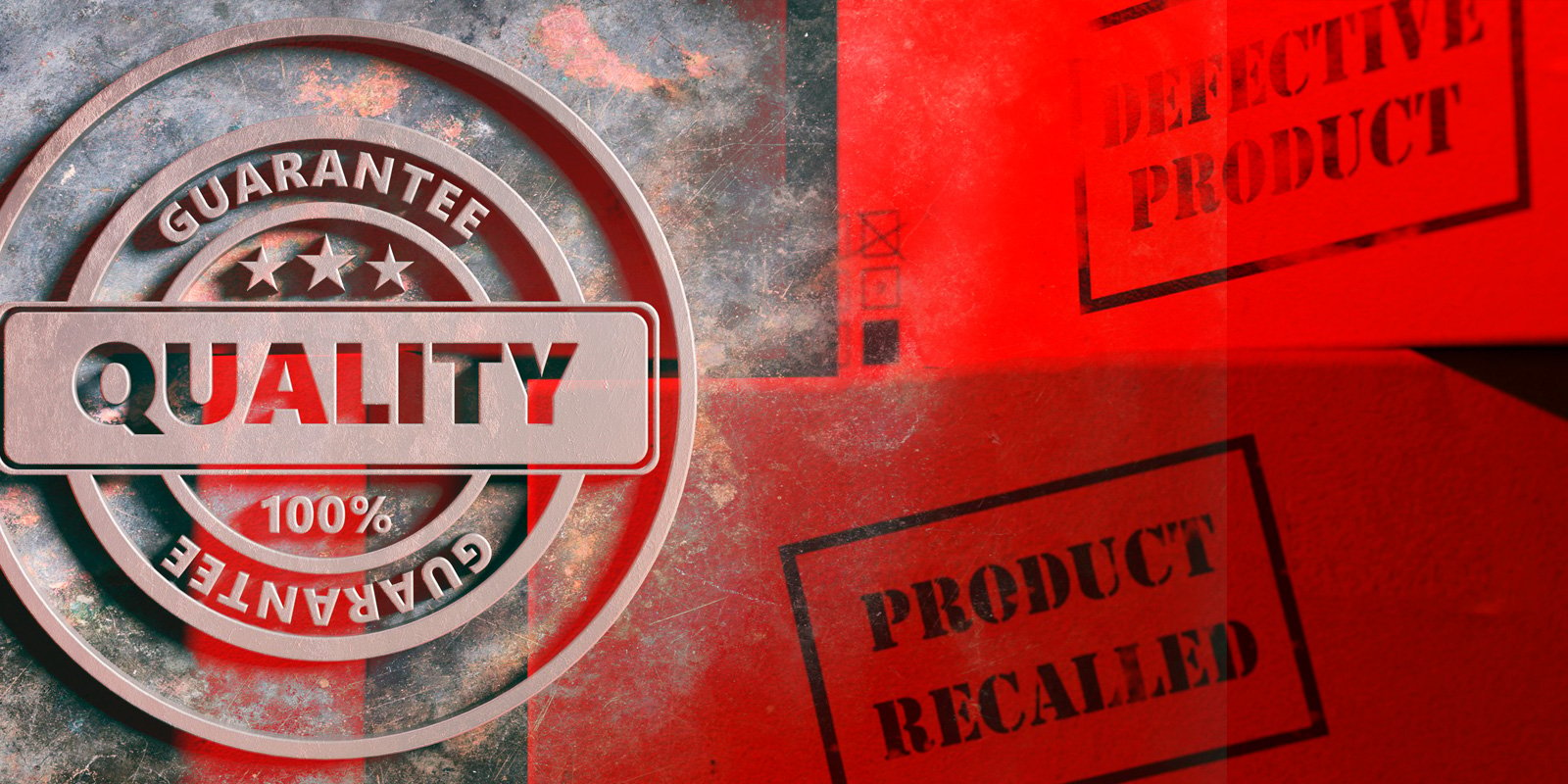
Landmark Enforcement Under U.S. CPSA Leads to Sentencing of Corporate Executives for Failure to Report Product Hazards
In Short
The Background: In June 2025, two former executives were each sentenced to more than three years in prison for conspiracy and failure to report hazardous products to the U.S. Consumer Product Safety Commission ("CPSC"), marking the first criminal prosecution and sentencing of corporate executives under the U.S. Consumer Product Safety Act ("CPSA").
The Result: The case underscores the growing regulatory and criminal risks for companies and their executives who fail to promptly report product safety hazards to the CPSC.
Looking Ahead: Companies that manufacture, import, distribute, or sell consumer products should review their product safety compliance programs and ensure that all relevant personnel are aware of, and trained on, their reporting obligations under the CPSA.
Legal Obligations and Enforcement Mechanisms
The CPSA and its implementing regulations require that companies notify the CPSC of product hazards "immediately"—defined as "within 24 hours" after the company obtains information that reasonably supports the conclusion that a product defect could create a substantial hazard or unreasonable risk of serious injury or death. See 15 U.S.C. § 2064(b)(4); 16 C.F.R. § 1115.14. Importantly, the duty to notify the CPSC applies equally to all entities in the chain of distribution: manufacturers, importers, distributors, and retailers. See 15 U.S.C. § 2064(b).
For decades, the CPSC has enforced this reporting requirement through civil penalties imposed against corporate entities, but the 2008 amendments to the CPSA allow for criminal sanctions against companies for late-reporting violations, as well as any director, officer, or agent of a corporation who "knowingly and willfully authorizes, orders, or performs" such violations. 15 U.S.C. § 2070(b).
Defective Products and Delayed Reporting
The prosecution of the two former Gree USA executives marks the first-ever criminal enforcement of corporate executives for failure to report under the CPSA. See USA v. Simon Chu et al., Dkt. 2:19-cr-00193 (C.D. Cal.). The two executives, who held senior roles at companies importing and selling dehumidifiers manufactured in China, were found to have known as early as September 2012 that their products posed fire risks. The government alleged that, despite receiving multiple reports of fires and test results confirming product defects, they failed to notify the CPSC for at least six months, continuing to sell the defective products during that period.
The dehumidifiers were linked to more than 2,000 reports of overheating, including approximately 450 reported fires, and millions of dollars in property damage, resulting in recalls of more than 2.5 million units.
Criminal Sentences and Corporate Penalties
Following their convictions, the two executives were sentenced to 38 and 40 months in prison, three years of supervised release, and fines of $5,000 and $12,000, respectively. One of them has appealed his conviction and sentence.
Back in March 2016, the CPSC announced that it obtained a $15.45 million civil penalty in a settlement agreement with Gree USA and its foreign affiliates for their late reporting of the fire hazard. Then, in October 2021, the U.S. Department of Justice ("DOJ") announced that two of those affiliates—Gree Zhuhai and Gree Hong Kong—entered into a deferred prosecution agreement, agreeing to pay a penalty of $91 million and to provide restitution for any uncompensated victims of fires caused by the defective dehumidifiers.
The U.S. corporate entity, Gree USA, pleaded guilty to willfully failing to report the fire hazard to the CPSC and was sentenced in April 2023 to pay a $500,000 criminal fine.
Implications for Businesses Involved With Consumer Products
This case sends a clear message to corporate leaders: failure to comply with product safety reporting requirements can result in significant criminal and financial consequences for both companies and executives. The DOJ and CPSC have signaled their intent to aggressively pursue enforcement actions where public safety is at risk.
Additionally, the evidentiary record of the Gree companies' interactions with the CPSC has been the subject of discovery in follow-on products liability cases brought against the Gree entities across the country, and the allegations behind their delayed notification to the CPSC have played an important role in that litigation.
Four Key Takeaways
- Prompt Reporting: Companies must develop and implement processes and procedures to facilitate prompt identification, escalation, and reporting of product safety hazards to the CPSC.
- Training on Compliance: Businesses should review their product safety compliance programs and ensure that all relevant personnel are aware of, and trained on, their reporting obligations under the CPSA.
- Executive Accountability: On the heels of the Gree convictions, the government will continue to look to hold directors and officers accountable for compliance failures.
- Risk Management: Proactive compliance and transparent communication with regulators are essential to mitigate legal and reputational risks.





